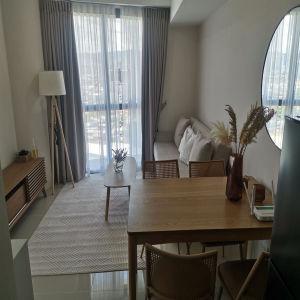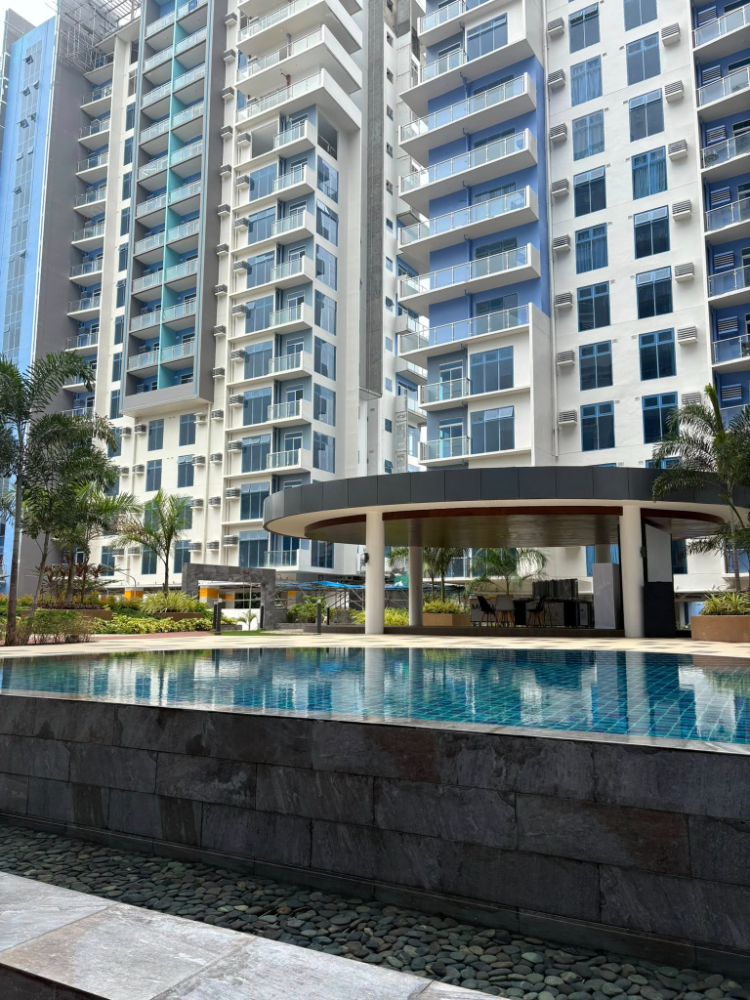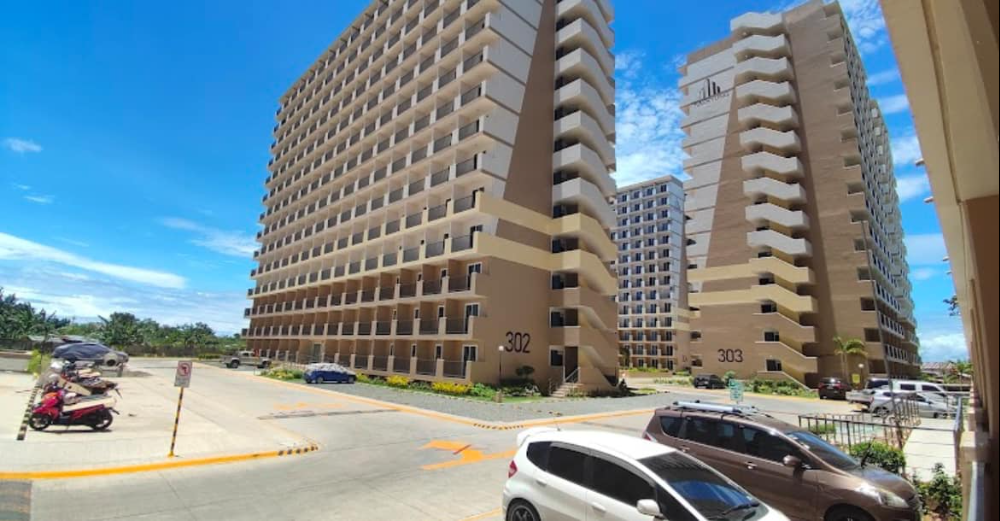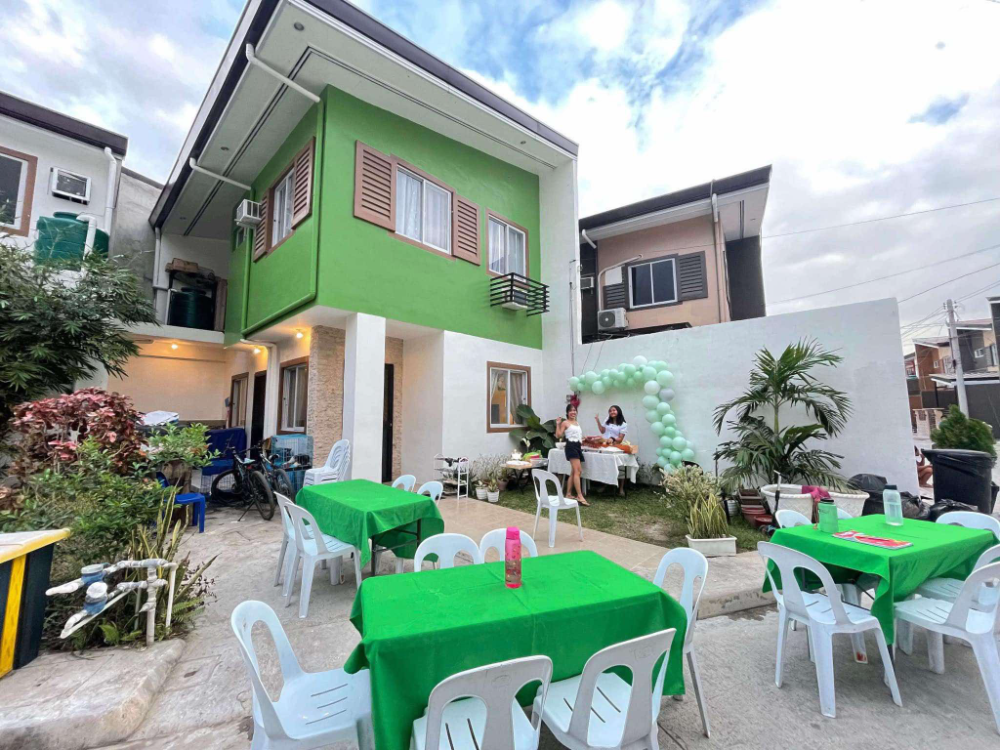-
What are the available financing payment schemes at CERB? +
You have the option to choose from any one of the following:
a. In-house financing
b. Bank financing
c. Cash purchase (with discount
d. Pag-ibig loan (HDMF)
It is important to note the following:a. The availability of financing will depend on which type is conveniently adapted by the developer.
b. There may be some financing schemes that are either advantageous or disadvantageous to some developers.
c. This is why it is ideal for you to contact CERB for the detailed information on the financing schemes of your chosen developer.
d. You can inquire information on each developer’s financing scheme offers and CERB can sit down with you to discuss their advantages and disadvantages. -
Can I avail a loan through PAG-IBIG? +
Pag-ibig requires that you have paid at least 24 monthly contributions before you can avail of any housing loan. There is a new amendment to this policy that allows non-members to apply for member and avail of the loan right away after paying one time the 24 monthly contributions.
How much loan can you borrow? The amount will depend on four requisites: actual need; capacity to pay based on net disposable income (monthly amortization should not be less than 40% of your net disposable income); value of the collateral; and monthly of the member.
-
What are the requirements to apply a load with PAG-IBIG? +
If employed or self-employed
Community Tax Certificate
Proof of Billing (original)
Tax ID Number
Latest pay slip of borrower and spouse
2 pieces of HDMF Premium Contribution Certificate (original)
Marriage Contract or Birth Certificate (photocopy)
W2 BIR form (photocopy)
2 pieces of notarizaed Certificate of Employment with Compensation (original)
Postdated checks for downpayment
24-month PAG-IBIG contribution for members
For non-members, pay 24 months worth of contribution upon reservationIf OCW
All the items in the first column, and the following:
3 pieces of notarized Special Power of Attorney
Income Tax Return and W2 confirmation receipt for the last 2 years immediate preceeding date of loan application
Notarized Employment Contract and Employer’s Certificate of Income duly registered by the employer
Note: All items above should be original. -
What are the requirements for bank loads? +
Below are general requirements of most banks. It is ideal to check with your preferred bank for more information.
If you are in the PhilippinesIncome Tax Return (latest)
Certificate of Employment with compensation (original)
Photocopy of Business Permit (if self-employed)
Community Tax Certificate (photocopy)
Tax Identification Number
Bank statement for the last 6 months
Photocopy of Marriage Certificate (if married)
Proof of Billing (original)
Postdated checks
If you are permanently living abroadFederal Income Tax Return (latest)
Bank statement (for the last 6 months)
Special Power of Attorney (authenticated by a consul)
Proof of remittance
Business Permit (if self-employed)
Marriage Certificate (if married)
Postdated checks
Note: All documents must be original, except for the Marriage Certificate. -
Which financing is better: in-house financing, PAG-IBIG, or banks? +
In-house financing has several advantages: simplicity of required documents; Maceda Law or R.A. 6656 that mandates the developer to refund 50% of your payments if you have paid at least two years installment, even if you are delinquent (refund is not applicable with banks or PAG-IBIG); and interest charges remain constant.
The primary advantage of bank financing and PAG-IBIG is their lower interest rates. However, they have fees (like processing and appraisal fees) that are not required in the in-house financing. -
What is the standard for downpayment? +
This depends on the developer of your preferred property. Usually, developers offer easy downpayment deals. Some offer 20%, or even as low as 10% if the project is at the pre-selling phase. Others offer one year to pay for the downpayment of 20% for ongoing projects and the monthly amortization for the balance will only take effect after the full payment of this downpayment.
The pre-selling phase refers to the stage to offer to sell at the time when the construction of the project is ongoing, the unit is scheduled for construction upon full downpayment, and the said unit will be finished at a time frame disclosed to you. -
How much is the monthly amortization? +
Your monthly amortization will depend on the amount of loan approved, the rate of interest, and the terms of payment you have chosen. The most common scheme is the diminishing balance method, which is ideal and equitable to the borrower since the interest will only be applied to the remaining balance of the loan. You can contact us at CERB if you wish for a computation.
-
If I'm abroad, how do I pay my monthly amortization? +
Issuance of postdated checks for at least one year. Your SPA is required to open a bank checking account in Cebu in your name and postdated checks will be submitted to the developer. Or you can visit Cebu, open a bank account here, and issue postdated checks to the developer.
Send month amortization bank to bank direct to the developer’s account, if the developer permits it. -
Do property prices include 12% VAT? +
Yes. Under Philippine law, all prices of lot only properties worth more than P1.5 million, and condominiums and house and lot worth P2.5 million and above are subject to 12% VAT. This should not be indicated separately in the offered pricing. Still, there are developers or sellers who emphasize that VAT is still to be added to their listed price.
-
Are there hidden charges in the contract? +
No, there are none. All charges will be disclosed to you before you sign any contract. CERB’s commitment is to be transparent in all business transactions.
-
Can a foreigner own real estate properties in the Philippines? +
Yes. Foreigners can have absolute ownership of a condominium unit. They will be a holder of a Condominium Certificate of Title. The ownership of land and house and lot are exclusive only to Filipinos and foreigners who are formerly natural-born Filipino citizens.
-
As a foreigner, can I apply for a loan with a local bank in the Philippines even if I am not permanently residing in the country? +
Some banks do not allow and some do. Some allows this arrangement as long as you submit the needed documentary requirements. The interest rate is between 10.5% to 14%, depending on the bank you selected to transact with and on the number of years of fixing.
-
How do I make a reservation on a property in Cebu through CERB? +
If you are abroad, you can appoint somebody you trust in Cebu and send to him or her the money for the reservation. You must provide a notarized special power of attorney duly authenticated by the nearest consul in your area. You can fax the notarized copy to process the reservation but it must be mailed immediately.
You can also opt to pay bank to bank direct to the developer’s account. After you made the deposit, notify CERB immediate so that we can trace the incoming deposit and promptly issue an official receipt. A copy of the official receipt will be sent via email while the original will be sent via mail. -
Are all the units displayed on CERB's website already built? +
No, not all. Others are still undergoing construction. Most of the projects have model houses that you can personally visit. Your unit will be built at your chosen location within the time frame you agreed with the developer. You can check with CERB on the status of a project you are interested in.
-
Do these projects have title on the land? +
All projects have title on the land. For new project development, most developers only have a mother title. Some projects will be titled upon full payment of the land. You will be protected by the sales contract signed between you and the developer.
-
How long is the construction of the house and lot I bought? +
This will depend on the developer of the subdivision you have selected to buy a property from. Some developers can finish building a house in six months while others take 12 to 18 months, depending on the scale of the project.
-
Can we inspect our house and lot during construction and suggest changes? +
Only few subdivisions disallow this. They are those who develop large projects and cannot allow delays brought by suggested changes in plans. Other developers are moderate about this arrangement by sitting down with the buyer one time and agree on changes of plans. However, majority of the developers entertain changes from time to time.
-
What is the Deed of Restriction to the use of the unit? +
This depends on the subdivision; it differs from one subdivision to another. Your use is generally restricted to the well-being of all homeowners. An example is the limitation of the height of the house to avoid blocking the view of the neighboring house. Another is the restriction on raising livestock and poultry and building a factory. The Deed of Restriction is available to you upon request before signing any contract.
-
Do you have a house and lot ready for occupancy? +
Yes. You can go over the homepage of CERB’s website. Or you can contact us for information on available house and lot properties that are ready to be occupied.
-
Is the reservation refundable? Is it deductible from the selling price? +
Reservation fee range from P10,000 and up, entitling you to 30 days hold of the unit in your favor. Because of this reservation, the developer will not sell the unit to anyone else within this period.
Yes, all reservations are deductible to the selling price.
- 1


























